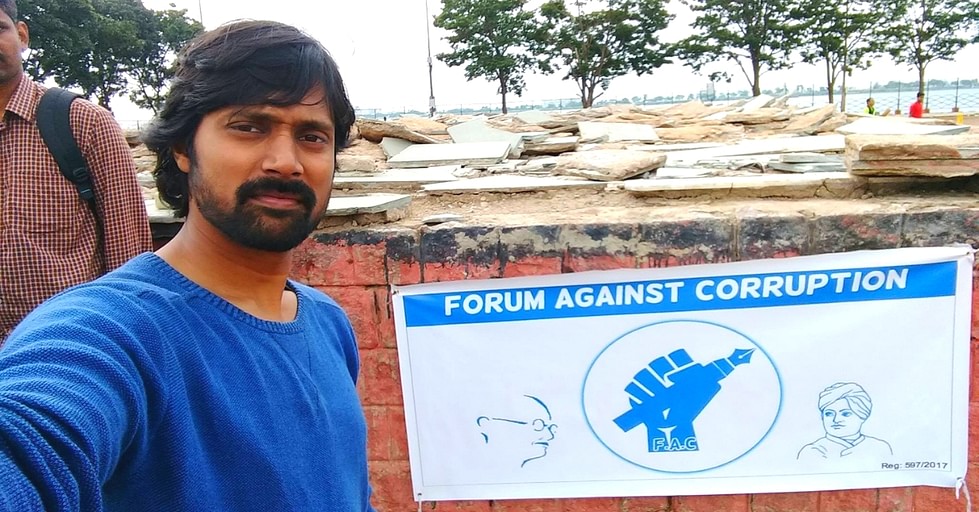At the time of buying an apartment one ascertains the cost of the house and details regarding the registration amount and process. However, do we also check the maintenance amount?
The maintenance amount varies based on the city, locality and even number of apartments in a building complex. It is also based on what amenities the building is providing to its residents. These usually include parking, gymnasium, play area, swimming pool, etc. While investing in a home is in itself a huge financial decision, the monthly expense on maintenance charges can make a big difference to your personal finance and it must be taken into consideration.
If, however, you have bought a property and find that the maintenance amount being levied is too high or is being unfairly utilised, then there is a legal recourse available for you. Vijay Gopal, an anti-corruption and consumer rights activist from Hyderabad speaks to The Better India on how this can be tackled.
“In the case of an apartment complex, the permission by the town planning body is given only after verifying that all the basic amenities, which includes parking, passageway, etc, are available. However, over the last 10 years, due an increased demand in buying flats and the clamour for ‘ready-to-move-in homes’ many apartment owners have started charging exorbitant maintenance charges without any basis,” says Vijay.
Even though the law clearly states that residential complexes owners/builders or anyone else cannot make profits through expenses, it is rampant.

Explaining this further, he says, “If the total monthly cost of maintenance (common areas for domestic help, lights, elevator, water bill, power bills for common areas, etc) is Rs 5 lakh per month and there are 20 apartments, then each resident will have to pay Rs 25,000 per house (Rs 5 lakh/20 apartments).”
He adds, “However, builders have now started levying maintenance charges on a per sq ft basis, which should be denied by all residents. Not knowing the basic rights is what is making residents give in to such illegal and unfair practices.”
Here’s what you should know and can do when a hefty amount is levied as maintenance charge:
1. Each state has its own set of rules and laws that govern the issues of apartments and residential complexes. For example, the Telangana State Apartments Act, 1987.
2. Every resident has a right to check the Income Expenditure statement of the apartment, to see if their maintenance cost is leading to any profits.
3. It is imperative that residents remember to pay for common expenses by dividing it with the total number of residents per month.
4. If there is any rule or bylaw that is implemented, it can be done so with only 100 per cent residents agreeing to it. No rule can be made against the law. Building rules/bylaws are invalid in the eyes of the law. Any rule made must be agreed upon by all. Do not hesitate to say no to any bylaw/rule/regulation, etc, made by them.
5. Your expenses like your power bill, your water bill, etc, must be provided separately.
6. Common expenses should include only those which are essential, if you do not use the gymnasium, it cannot be a part of your maintenance. Anything that is outside ‘essential expenses’ must be left for the residents to choose from.
7. The residents are also advised to approach the consumer forum in case any of their grievances remain unaddressed or unresolved.
So, the next time you are asked to pay exorbitant or arbitrary maintenance bills, remember that you have the law backing you.
(Edited by Yoshita Rao)